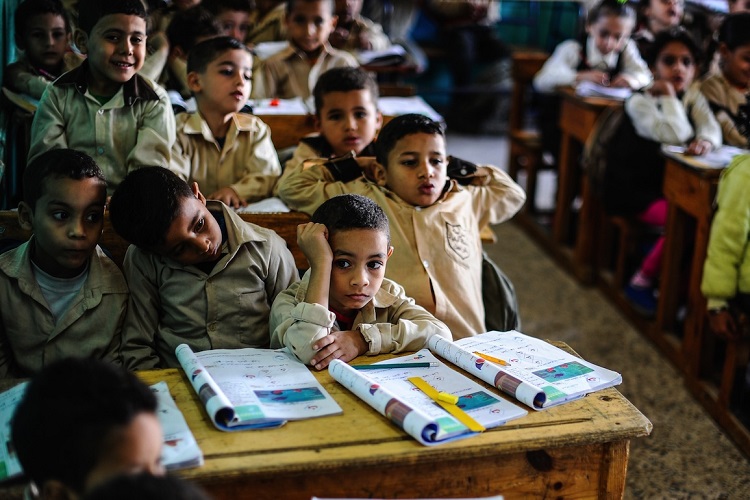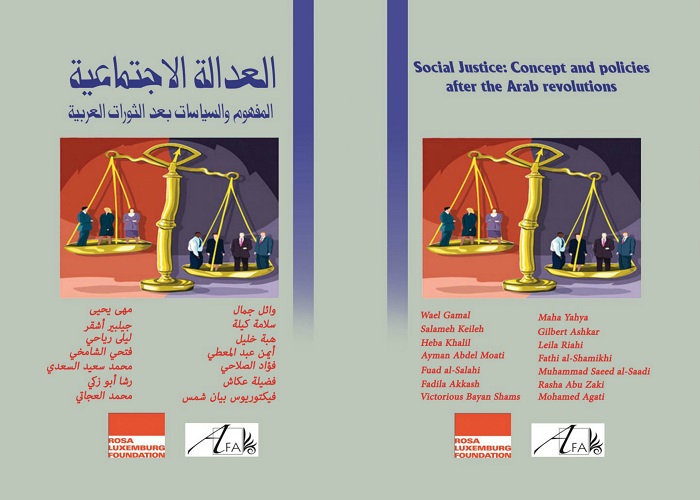Reformation of public services The housing sector in Egypt: The Egyptian Rental Law Experiences and recommendations
Shimaa ElSharkawyEgyptIntroduction: A large number of Egyptians suffer from housing problems with the number of people living in unofficial housing units ranging between 12 and 20 million[1] while a large number of housing units in Egypt remain unoccupied. On the other hand, a study conducted about Cairo by UN Habitat[2] revealed that a sizable portion of Egyptians live in units that are either unsafe or not fit for living. Added to this is the fact that housing prices are generally high and this applies to both purchase and rent. The law regulating the relationship between owner and tenant is one…






